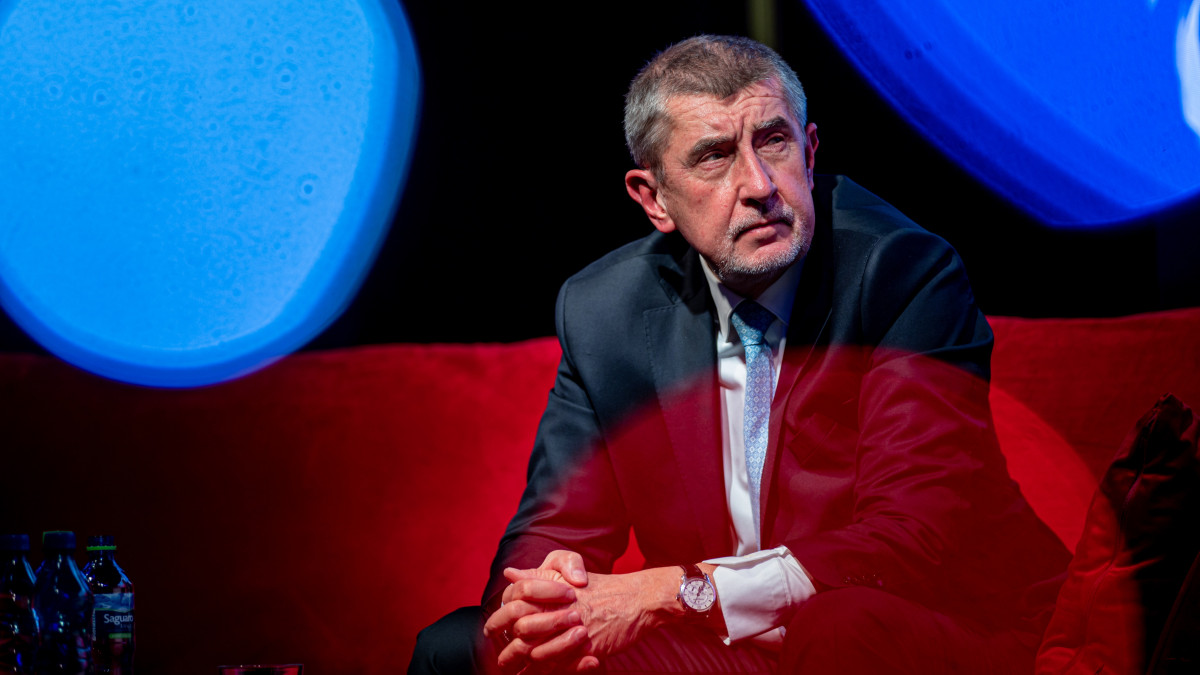Az Elégedetlen Polgárok Mozgalma fölényesen nyert a péntek-szombati cseh képviselőválasztáson, a kormányalakítás előtt a pártvezető Andrej Babis jelezte, kíván tárgyalni a kormányalakítás előtt, mert van két párt, amely támogatását még szeretné megnyerni – de kormányozni egyedül készül.
Az eddig ellenzékben lévő, Andrej Babis korábbi kormányfő vezette Elégedetlen Polgárok Mozgalma (ANO) nyerte a képviselőházi választásokat Csehországban – jelentette be szombaton az eredményeket összesítő Cseh Statisztikai Hivatal.
- A szavazókörök 90 százaléka eredményeinek összesítését követően a hivatal szerint az ANO a voksok 36 százalékát szerezte meg.
- Az eddig kormányzó, Petr Fiala leköszönő kormányfő vezette Együtt (Spolu) koalíció támogatottsága 22 százalékos.
- A Polgármesterek és Függetlenek (STAN) párt a szavazatok 11 százalékát kapta.
A csehországi választáson győzelmet arató ellenzéki Andrej Babis az eredmények közzététele utáni első sajtótájékoztatóján kijelentette, hogy célja egypárti kormány létrehozása, amelynek támogatásáról
- a Szabadság és Közvetlen Demokrácia (SPD) mozgalommal, valamint
- az Autósok párttal
kíván tárgyalni.
Az Elégedetlen Polgárok Akciója (ANO) mozgalom vezetője kizárta, hogy tárgyaljon a jelenlegi kormánypártokkal, amelyek szerinte tönkretették Csehországot, és nem teljesítették választási ígéreteiket.
„Mi mindig teljesítettük ígéreteinket, most is így lesz. Célunk, hogy Csehország a legjobb hely legyen az élethez Európában” – szögezte le.
Babis megerősítette, hogy újra kormányfő szeretne lenni, s bízik abban, hogy a kormányalakítás nagyobb problémák nélkül fog lezajlani. Azt mondta, hogy
a kormány félévente nyilvánosan beszámolna tevékenységéről.
Kérdésre válaszolva azt is kijelentette, hogy „kormányuk első ülésén elutasítják a migrációs paktumot”.
Az ellenzéki pártelnök „történelmi sikernek” minősítette az ANO választási eredményét, s kijelentette, hogy politikai karrierjének „ez az abszolút csúcsa”.
A sajtótájékoztatón Andrej Babis hangsúlyozta, hogy a választási siker „csapatmunka eredménye”, és köszönetet mondott a választóknak a támogatásért.
Petr Fiala: a populisták győztek
Petr Fiala kormányfő sajtótájékoztatóján elismerte a kormányoldal vereségét, és gratulált Andrej Babisnak a választási győzelemhez. A kormányfő úgy vélte, hogy a mostani választásokon „a szélsőséges és populista erők győztek”.
„A demokráciában a választások eredményét el kell fogadni, mi most ezt megtettük” – szögezte le újságírók előtt Petr Fiala.

